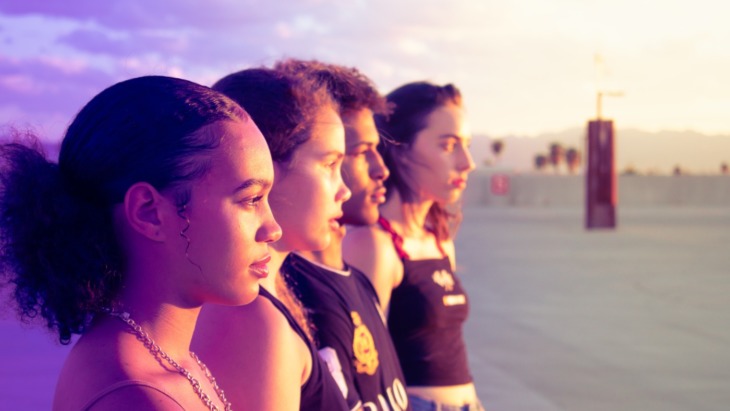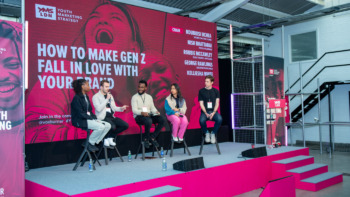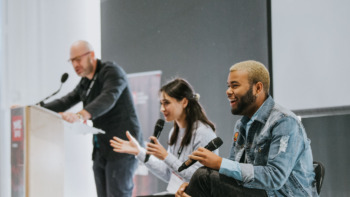93% of UK university students are from state-educated backgrounds – but when they graduate, their representation in top careers drops off dramatically. Student Beans explores how every student-facing entity has a role to play in fixing this.
State school v private school: how do post-uni prospects differ?
Statistically, the ratio of state school to privately-educated students has increased over the years – but state-school-educated students are still underrepresented in the top career tracks. According to social mobility charity The 93% Club, just 35% of senior judges are state-educated. Representation is disproportionate across other industries, too – just 34% of FTSE 100 CEOS went to a state school, as did 56% of journalists and 48% of junior ministers.

The state-school experience is a broad one – encompassing many sub-demographics and cultures. It’s worth noting, though, that around 19.7% of state-educated students are eligible for school meals; this means that adults within their households are receiving some sort of financial support from the government. It’s a further reminder that not every parent has the capacity to support their child financially when they are at university.
What does university look like for working-class students?
Not having an income supplemented by parents can impact everything from physical work environment – a huge factor in this period of remote learning – to additional materials costs for certain creative or arts subjects.
Despite positive changes in some industries, students are still reliant on illegal unpaid internships to gain work experience in others. The exclusionary nature needs no explanation – if you don’t have a parent to help out, they’re off-limits to you. It’s these barriers that make certain workplaces “unfamiliar, uncomfortable and alien” to state-educated students.

There are also the opportunities that don’t get advertised – informal internships or shadowing opportunities organised by parents with extensive professional networks themselves.
Closing the divide: the 93% club
One of the key tenets of The 93% Club is to close these gaps. Founded by Sophie Pender, who experienced classism relating to her state-school education and background when arriving at university, the club has since expanded to multiple universities across the country. The clubs are supported by an overarching charity: the 93% Foundation.
The 93% Club offers practical support for state-educated students while they’re at university. By providing networking opportunities, seminars, and skill-building sessions, they are recreating the in-built careers advice and work experience opportunities that are typical components of the private school experience.
University can be a huge culture shock for many students, depending on their background and familiarity with university life. Via its Instagram, The 93% Club offers practical advice for coping with day-to-day life at university.
By signposting paid internships and actively partnering with those who offer them, The 93% Club helps to overhaul unpaid intern culture, and get more state-school educated people into paid internships.
But the Club is also all about being proud of a state-school education, and in a wider sense, proud of being working-class. Pender told the BBC that state-educated students have to learn to “mask” their backgrounds, and explained that this needs to stop. There are, in fact, unique characteristics that state-educated students have acquired as a direct result of their education – and they should be amplified rather than quashed in working environments.
Empowering state-educated students: what can your brand do?
There’s no silver bullet for fixing the social mobility issues that still exist across the UK. For this reason, every organisation that interacts with students – be it universities, employers, or student-facing brands and media – has a role to play.
For brands, this might mean supporting students while they’re at university – there are clear financial barriers for students whose families cannot supplement their income. By creating affordability at this level via discounts and student-specific offers, you can empower them to afford essentials, embrace new experiences and develop their identities.

Once students graduate, you can also help by offering paid internships or employment opportunities; the 93% Club already has partnerships with employers from a cross-section of industries. It’s also important to empower working-class employees to express, rather than mask, their identities in the workplace.
As with any underrepresented group, visibility is essential for state-educated students. The 93% Club has executed several campaigns to put the spotlight on leading professionals who were educated at state schools – propelling role models into the public eye. Brands, too, can amplify these voices.
To find out more about the 93% club, head here. To learn more about Student Beans’ social impact programme, head here.














